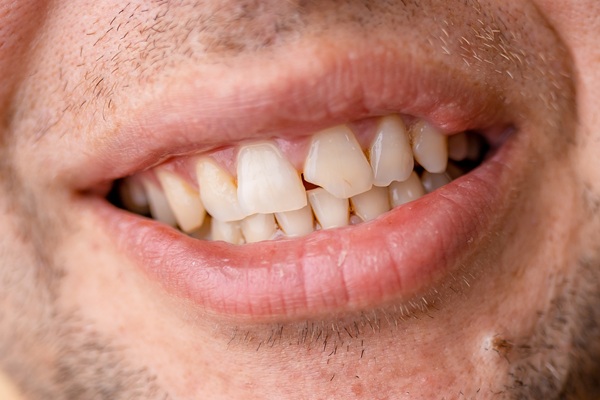Prevent Early Tooth Decay in Your Baby’s First Teeth

Just because your baby’s first teeth are not permanent does not mean they are not important and that early tooth decay cannot cause problems later in life. Lose them too soon, and problems can arise that will create issues for the adult teeth.
Start early
Start your baby’s oral care early on before the first teeth ever present themselves. Bacteria can form in baby’s mouth, and it is important to wipe down the gums gently with a clean, damp washcloth or soft baby toothbrush.
Bacteria can be spread to the baby’s mouth through the sharing of saliva. When spoons or cups are shared during feeding time or pacifiers are cleaned off in the caregiver’s mouth, bacteria are spread from the caregiver to the baby. This bacteria can sit in the mouth and begin to grow.
Baby’s first teeth
Once your baby’s first teeth present themselves, tooth decay can happen when the teeth are exposed to any food or drink other than water for long periods of time. Sugars quickly convert to acid by bacteria in the mouth. This acid begins to eat away at the outer enamel of baby’s first teeth.
It is not uncommon for parents to put their baby to bed with a bottle. When the bottle is filled with anything other than water, the liquid pools in the mouth and the sugars work away at the enamel in baby’s first teeth.
Tooth decay signs and prevention
It can be difficult to see tooth decay in a baby’s first teeth. It may first present itself as small white spots near the gum line. The earlier the treatment to stop the spreading of the tooth decay, the better chances of preventing further damage. Of course, the best treatment is complete prevention through proper oral care.
The following are simple oral care habits the family can adopt to protect baby’s first teeth from decay:
Do not give the baby a bottle when laying them down to sleep. In addition to being a hazard for tooth decay, sleeping with a bottle elevates the risk of ear infections, and the child could choke.
Carefully wipe down baby’s gums to clean them before the first teeth ever show. Once they do appear, use a baby toothbrush and a tiny dot of fluoride toothpaste to clean the teeth. Clean baby’s mouth twice a day, after breakfast and right before bed.
Check your water at home for fluoride. Children benefit from fluoride, and if your water does not have fluoride, the dentist may prescribe a fluoride supplement.
Limit the sugar. Between meals, provide children who drink out of sippy cups and who have moved on to food with water instead of milk or juice. Limit the amount of juice the baby receives to four ounces per day when six to 12 months old. Sugary food should not be served on a regular basis. Limit the amount of candy and sweet treats that are given.
Schedule a checkup
Before the baby turns one, schedule an appointment for their first dental checkup. The dentist will be able to help map out a healthy oral hygiene family plan to prevent tooth decay and address any issues that present themselves at the first and concurrent visits.
Request an appointment here: https://www.lilburnfamilydentistry.com or call Lilburn Family Dentistry at (770) 800-0178 for an appointment in our Lilburn office.
Check out what others are saying about our services on Yelp: Read our Yelp reviews.
Recent Posts
Dental crowns are restorations that can address a range of dental issues, from severely damaged teeth to protecting a tooth after a root canal. They help preserve oral health and enhance a smile's appearance. In addition to being versatile, they are available in different materials, which can be helpful for individuals who want options.Dental crowns…
A broken tooth is a common dental issue that can happen for many reasons, such as accidents, biting into something hard, or untreated tooth decay. Whether a dentist can save a broken tooth or needs to remove it depends on how severe the damage is and how quickly patients seek treatment. While modern dental techniques…
Dental crowns are a popular dental restoration, effectively preserving and enhancing the function of damaged or weakened teeth. These custom-made caps are designed to fit over the existing tooth, providing both structural support and improvements in your smile's appearance. However, not all dental crowns are created equal. The type of dental crown you choose can…
Your dentist can help determine if you need dental crowns. There are many reasons for getting these restorations. The main goal is always to restore the tooth and enhance its functions. Here are the signs you may need dental crowns soon.Losing at least one tooth can cause more dental problems. It can lead to dental…


